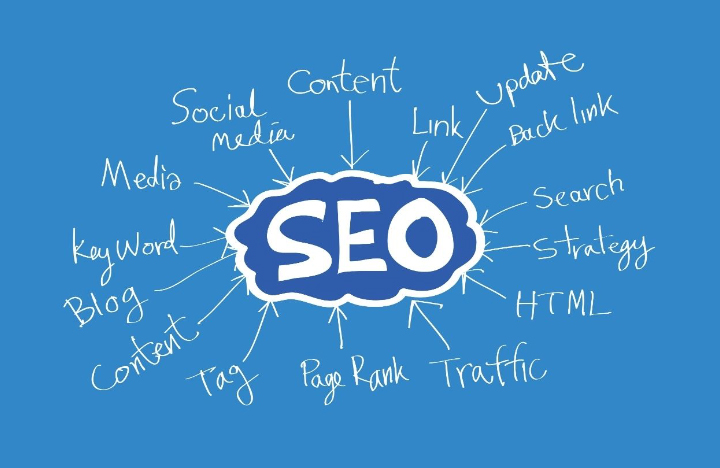SEO stands for Search engine optimization. It is a set of rules for optimising your website so that it can achieve higher rankings in search engines’ organic results. It’s the process to follow to increase the visibility of your website in search engines and get more traffic. SEO has two main goals. The first is to help you understand what users are searching for online so that you can create high-quality content to satisfy their intent. The second is to help you create a website that search engines can find, index, and understand its content. In addition, following good SEO practices is a great way to increase the quality of a website by making it user-friendly, faster, and easier to navigate.
The most important SEO tasks have to do with:
● Identifying what users are searching for that is related to your products and services
● Creating content that will make users happy
● Providing the right signals to search engine crawlers and algorithms through various SEO techniques
SEO can be considered as a complete framework since the whole process has a number of rules (or guidelines), a number of stages, and a set of controls. Even search engine optimizers, the people who work to make sites and pages appear in search engine results, are sometimes confused by page rankings because search engines aren’t always candid about algorithm updates. This makes website SEO challenging, and often requires constant updates. So is all of this effort worth it? Is the time spent researching keywords, carefully placing them in title tags, headers, and meta descriptions, and creating great content really worth the results? And is SEO still relevant now that so many marketers seem to be focusing solely on content? In a word: yes. SEO matters, and the strategy is more important than ever. It’s an essential component to successful digital marketing efforts, and it can be the difference between attracting tons of website traffic and getting lost among the billions of other sites on the Internet. So why are some people questioning its importance? Algorithm changes continue to reward high-quality content, so some marketers are starting to think that as long as they post worthwhile content, SEO doesn’t matter. They think it will take care of itself without a strategy. While quality content is great for building customer trust and getting users to want to visit your site, it won’t be found on its own. SEO is what helps users find it in the first place, and even the best content is useless if no one ever sees it.

Comments
Leave a comment